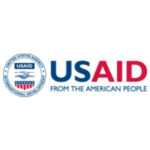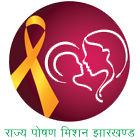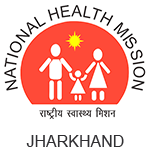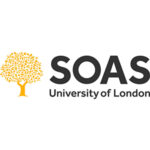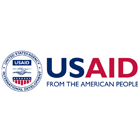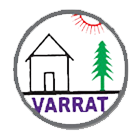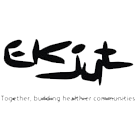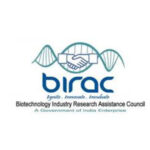Since 2012, through a series of pilot projects, we drew lessons that helped adapt our approach to health and nutrition messaging among rural communities who often receive scattered information regarding health and nutrition, and are often unaware of the government welfare programs that are in place or the importance of availing them. The pilots helped us adapt and revise our video-based extension approach for effective implementation of health and nutrition projects, which required more nuanced content and treatment than in agriculture. Our teams worked on improving our in-house Data Management Systems to capture data and analyse trends related to the health better.
Samvad: Digital Community Engagement Platforms for Improving Family Planning, Maternal ChildHealth and Nutrition Outcomes
2015-2021
Project Samvad, is a USAID-funded project aimed ataddressing Family Planning, Maternal Child Health and Nutrition goals.Digital Green collaborates with existing health system structures —including India’s State Rural Livelihood Missions and state-level agencies of the National Health Mission, as well as other local organizations trusted and active in the target districts –to build their capacity to employ video-and other ICT-enabled approaches to increase adoption of optimal maternal, infant and child health and nutrition and family planning practices. The project has directly reached 544,000 women in five states (Bihar, Jharkhand, Odisha, Chhattisgarh and Uttarakhand) through facilitated community videos. We have incorporated a range of ICT solutions and mass media and mid-media platforms to complement and supplement video messages, including radio and village campaigns; focused mobile-based messaging on key thematic topics; calls with targeted, life-stage specific messages in the 1000 days period; and use of technology to improve interpersonal counselling by frontline workers. These platforms have reached 1.9 million individuals. Use of data collection and analysis tools has helped our partners to better reach the target audiences. We maximize impact by linking demand generation with public supply-side interventions.

